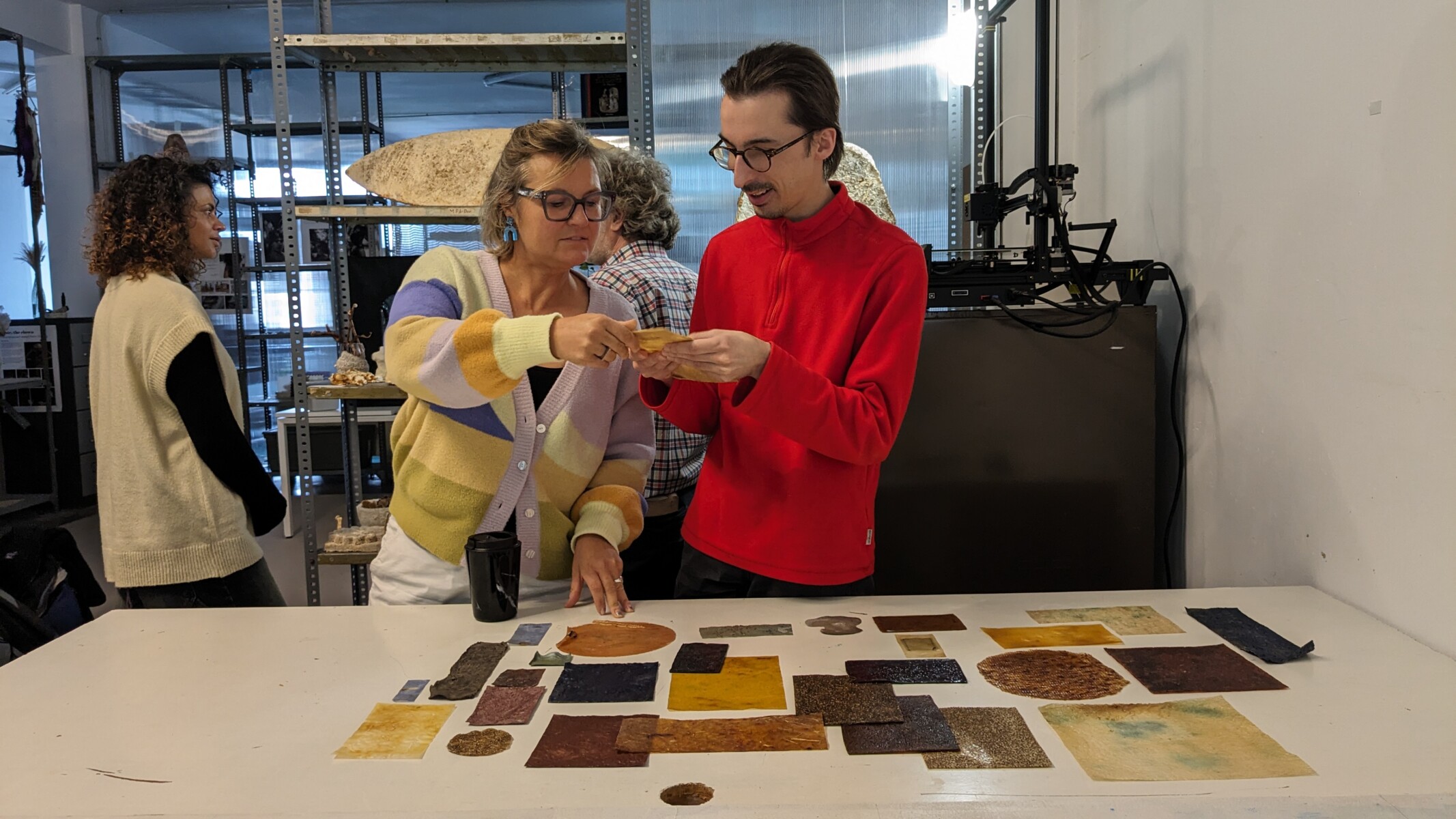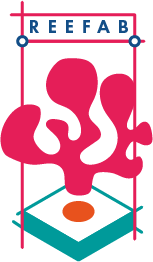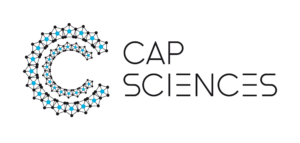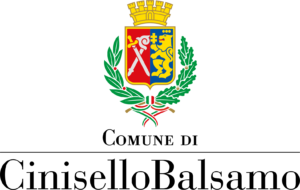

ReeFab
Empowering youth workers and young people to drive ecological transition
The Challenge
The project addresses the significant impacts of climate change and environmental degradation on society. It aims to turn these challenges into opportunities by ensuring a just and inclusive transition, aligning with the European Union’s goal of achieving climate neutrality by 2050. Additionally, it addresses the challenge of involving young people in this by making them active citizens, enhancing the sense of initiative in young people, and the entrepreneurial spirit of young people.
Our Solution
The project aims to engage young people in local communities by exploring future sectors related to environmental challenges. It seeks to foster their initiative, active citizenship, and peer-to-peer collaboration through various activities, projects, and workshops in FabLabs. By transforming these FabLabs into resource centers for the ecological transition, the project aims to empower young individuals to take action against eco-anxiety through hands-on, do-it-yourself practices.
Type of Project
ERASMUS+ with reference number: 2023-2-FR02-KA220-YOU-000174312
Project Outputs
Study visits and practice-sharing workshops;
Inspirational visits organised by each partner with young people;
The design of a Reefab Atlas on the professions of tomorrow;
A creative residency and workshops to design educational toolkits;
4 local experiments in France, Luxembourg, Spain and Italy;
1 transnational experiment combined with youth mobility in Italy.
The Project
ReeFab is a three-year ERASMUS+ funded project led by Cap Science (FR) and involving various realities around Fab Labs related to making and participatory design on the Design Thinking model.
ReeFab focuses on raising awareness and improving the skills of youth workers in the ecological transition, developing mediation resources for young people to embody and experience resilience actions through acquiring skills and knowledge, experimenting with and developing partnerships between Fab Labs and local players on environmental issues, ensuring the replicability and sustainability of all content and tools produced, and understanding how industries, business sectors, and professions are adapting to the “next world” (post-pandemic).
ReeFab will explore various topics to promote sustainability and innovation. It will investigate how materials can be transformed from waste into valuable resources, emphasizing unconventional, eco-friendly, and inspiring materials. The initiative also values local and traditional know-how, leveraging heritage and craftsmanship to spark creativity and innovation through FabLab tools. In textiles, it aims to introduce ecological processes into daily life using digital fabrication and maker practices. For food, the project rethinks production and consumption methods to foster resilience and openness. It also examines our interaction with water ecosystems, considering water as both a resource and a habitat. Additionally, the project will address cultural gaps in digital fabrication by tackling the barriers faced by young adult beginners, focusing on overcoming obstacles related to software, digital skills, and the broader digital world culture.
Our Contribution
ReeFab aligns with IAAC / Fab Lab Barcelona’s strategy to promote new open forms of learning in circular design and civic ecology both within and beyond the educational system. IAAC/ Fab Lab Barcelona will contribute to the project by inspiring other partners with its previous experiences and projects, by hosting an inspirational visit to local hubs working on sustainability, ecological topics. The team will leverage its past projects to help co-design the content and test it within their local scope. IAAC/ Fab Lab Barcelona will be involved in improving the skills of youth workers in the ecological transition, by developing visits to several types of enterprises working in the relevant topics of the project.
Who is it for?
To reach the widest possible audience, the consortium partners have chosen to target youth professionals so that they are equipped to support young people during and beyond the project.
Target Group 1: Professional teams working with and for youth, specifically:
Professionals from youth organizations looking to develop and implement sustainable actions with FabLabs. By youth organizations, we mean public or private entities with various legal statuses, such as youth and popular education associations, local mission-type associations, local government youth services, youth service cooperatives, etc.
Professionals from digital fabrication workshops, known as FabLabs, offering formal and informal education to young people. The project also targets the strategic management teams of FabLabs, as ecological transition, youth engagement, and sustainable partnerships with youth organizations are strategic choices for these structures.
Target Group 2: European citizens aged 16 to 30 who will participate in and benefit from the activities and outcomes of the Reefab project. Whether they live in urban, peri-urban, or rural areas, they will all have the potential to access the project’s resources. The young people who will benefit from the project’s activities, either during the project or afterward, will be identified directly by the consortium partners or through associated partners. Given the consortium members’ experience and the identified needs (see previous section), special emphasis will be placed on including young people with fewer opportunities. Thus, youth mobilization will rely on associated partners who welcome, guide, and support young people on a daily basis.



